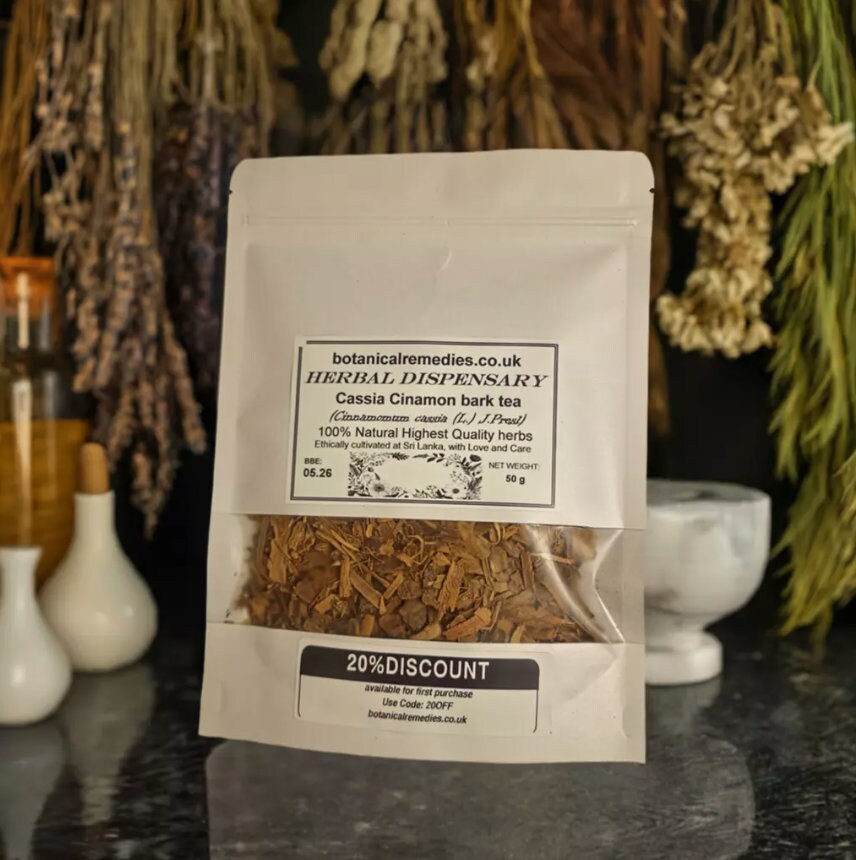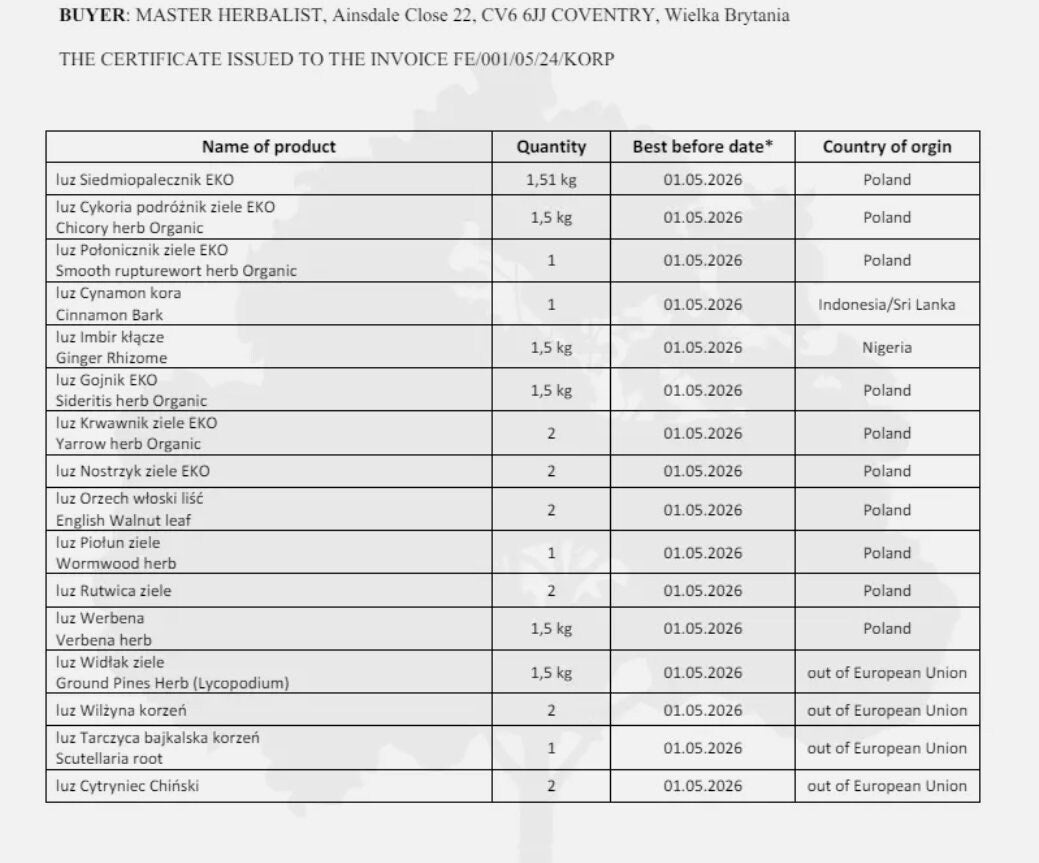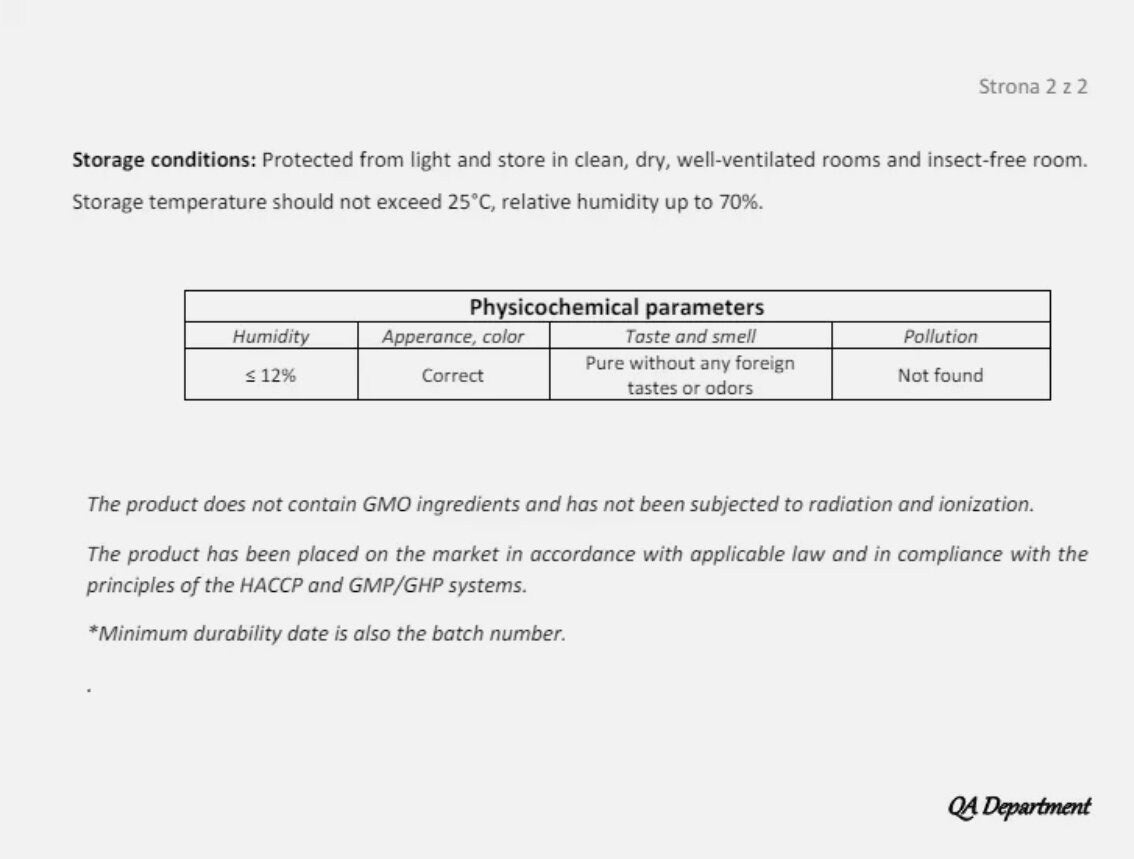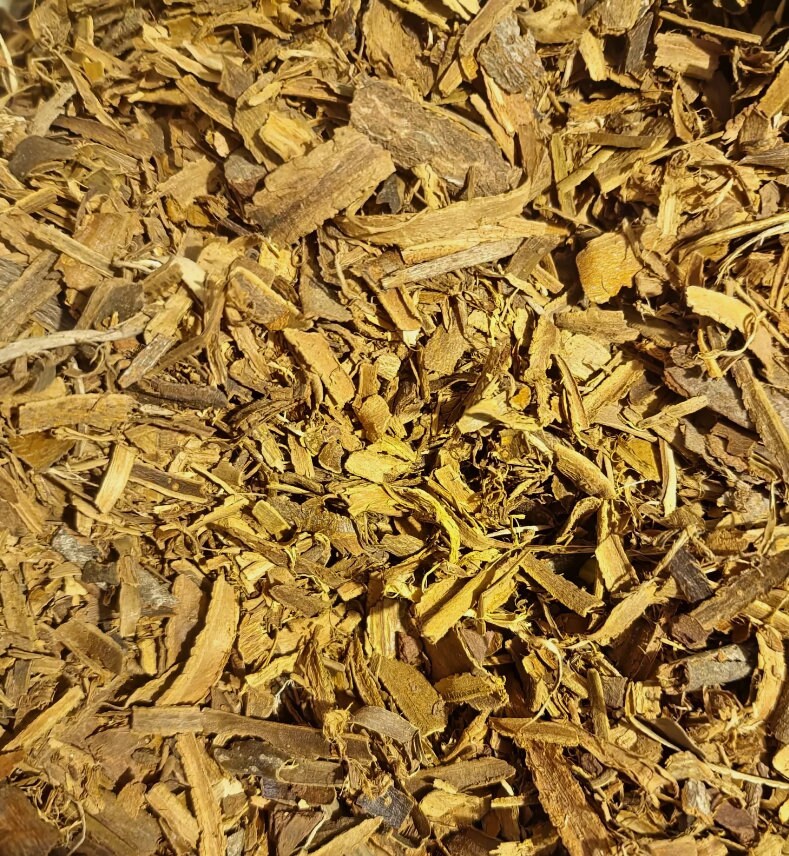Botanical remedies - Herbal Dispensary
Cassia Cinnamon bark tea (Cinnamomum cassia (L.) J.Presl) LAB-proven QUALITY and PURITY
Cassia Cinnamon bark tea (Cinnamomum cassia (L.) J.Presl) LAB-proven QUALITY and PURITY
Couldn't load pickup availability
Cinnamon (Cinnamomum cassia (L.) J.Presl) also known as Cassia Bark, Sweet Cinnamon, Rou Gui has Acrid, Sweet and Hot taste that can be added to almost every dishes and drinks . Cinnamon has been used traditionally for ages.
Used in ancient Egypt for embalming and added to food to prevent spoiling. The fragrant bark yields a golden yellow oil often used in sacred oils and incenses. During the bubonic plague, sponges were soaked in cinnamon and cloves and placed in sick rooms. Cinnamon was the most sought-after spice during the 15th and 16th centuries. Often used in China with ginger (Zingiber Officinale).
The Greeks used cinnamon to flavour wine, together with absinth. In the Bible, Moses was commanded to use both sweet cinnamon and cassia in the holy anointing oil. “Two hundred and fifty shekels of sweet cinnamon is the second ingredient in the holy anointing oil.” Exodus 30:23
It was offered on the specialized incense altar in the time when the tabernacle was located in the First and Second Jerusalem temples. Pliny mentions the spice trade for cinnamon that crossed the Red Sea as costing Rome 100 million sesterces a year.
Pliny the Elder also notes that 350 grams of cinnamon were equal to 5 kilograms of silver, or about 15 times the value of silver per weight. It is said that Emperor Nero burned a year’s worth of the city’s supply at the funeral of his wife Poppaea Sabina.
Throughout the Middle Ages, the source of cinnamon was a mystery to the Western World as for centuries the trade routes had been carefully protected by traders to maintain their monopolies on the supplies. Venetian traders held a monopoly on trading cinnamon to Europe. It was the disruption of the cinnamon trade that led to Europeans searching more widely for other routes to Asia.
There are two types of cinnamon, Cassia and Ceylon. Cassia is what is known as “regular” cinnamon and is commonly used in baked goods and as a culinary spice. Ceylon cinnamon is more expensive and is known as “true” cinnamon. It has a lighter and less bitter taste.
Suggested Use: It can be used for herbal tea. Place the 1-2 teaspoon of herb in a saucepan (preferably not aluminium), pour on cup of water, place the saucepan lid on, bring to the boil and simmer on a low heat for 10-15 minutes. Strain and drink. Cinnamon has also other uses, research beneficial uses of this herb or consult an Herbalist as to how this product can benefit you.
Contraindications: Not suitable for use during pregnancy. Contraindicated with stomach ulcers or intestinal ulcers.
Typical Ingredients: 100% pure Botanical, absolutely nothing added, dried Cinnamon bark.
Vegetarian/Vegan Suitability: Suitable for Vegetarians and Vegans
Wild grown/Eco cultivated/Organic cultivated/Cultivated: Cultivated
Country of origin: Indonesia/Sri Lanka
Packaging: All products are hand packed in resalable paper bags to ensure maximum freshness
Quality assured
Share
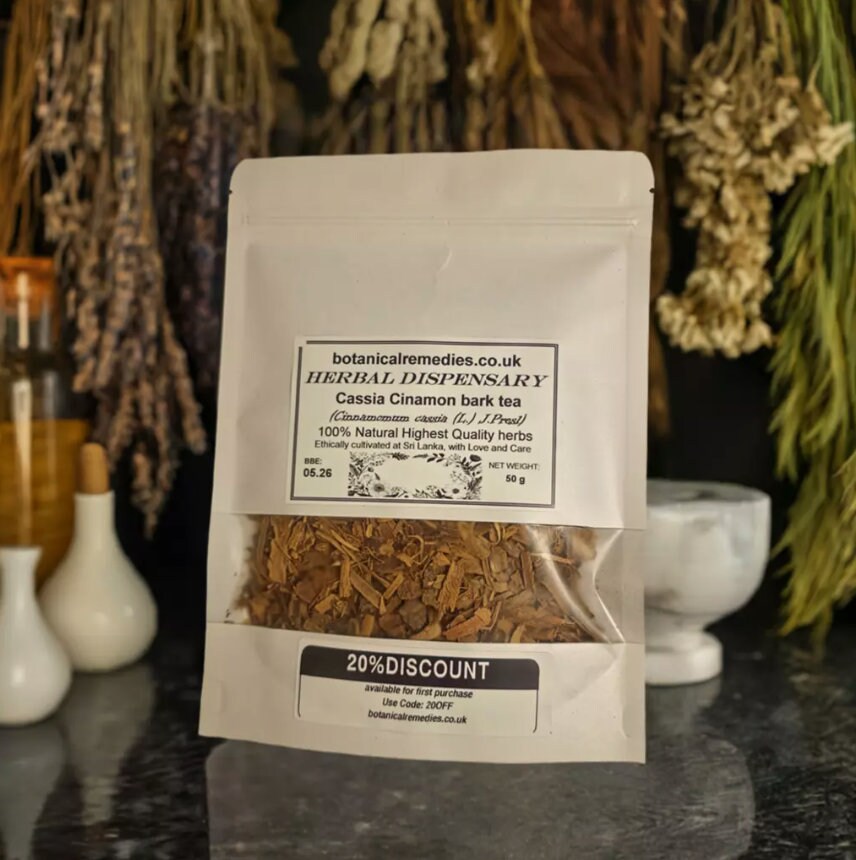
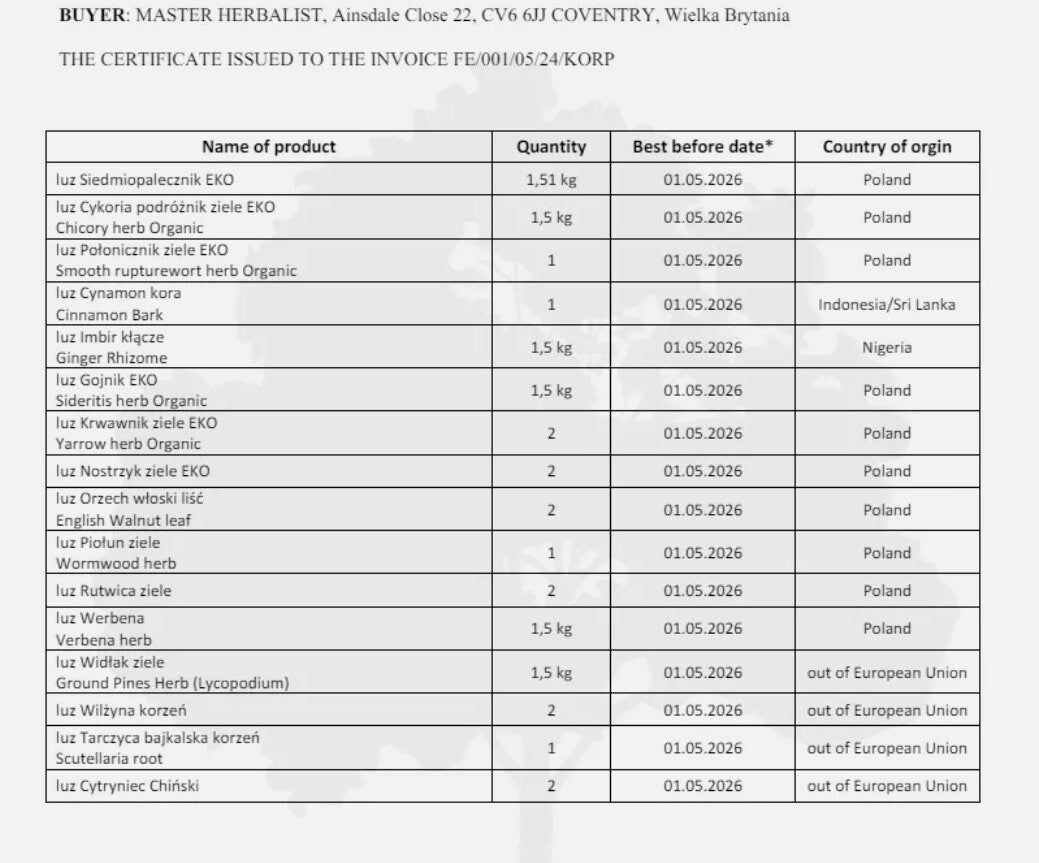
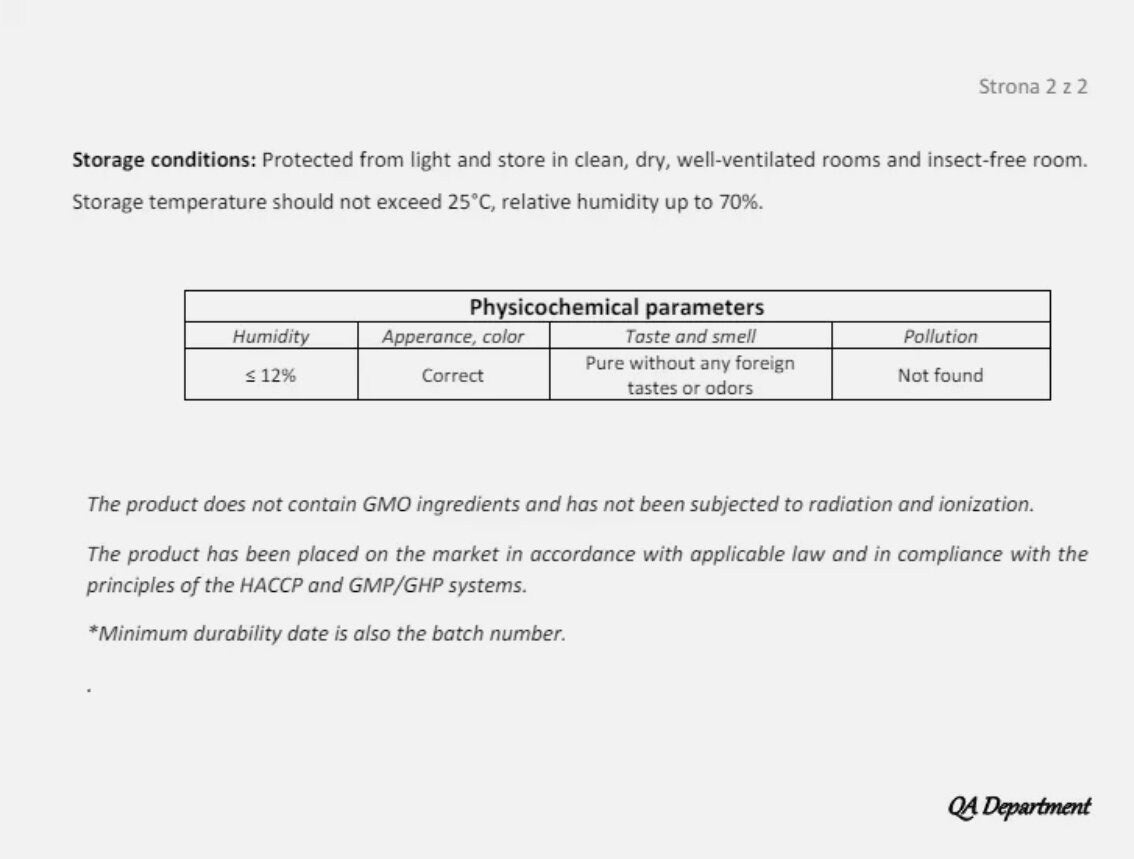
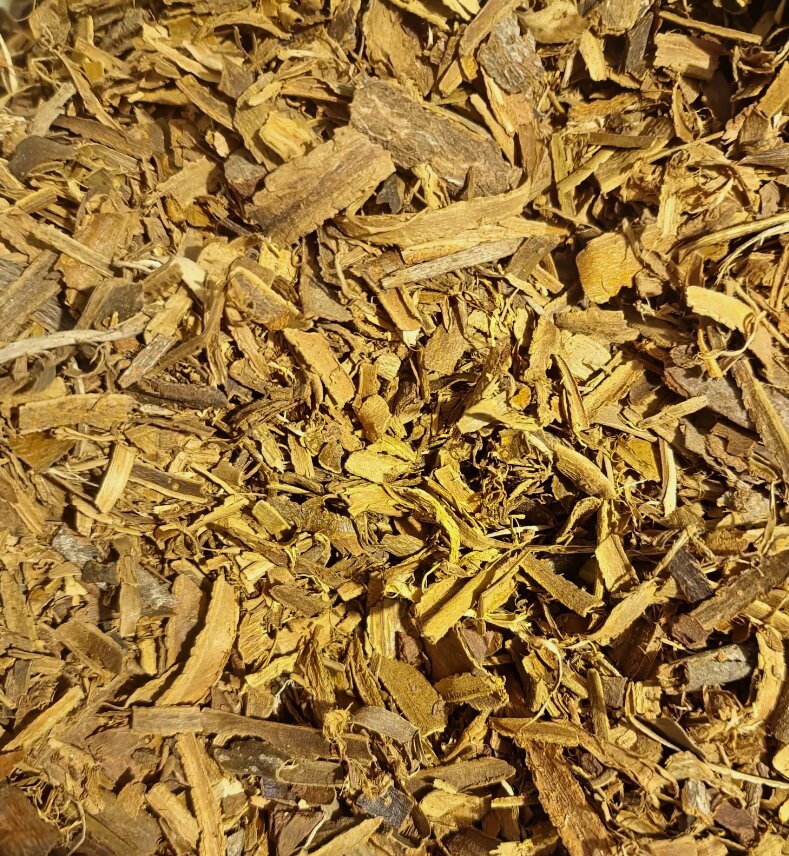
Amazing Product
Great quality product, would purchase from seller again.
Great quality. Thanks













